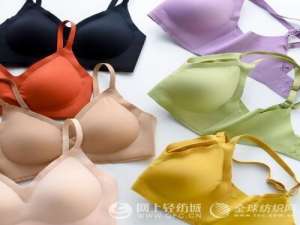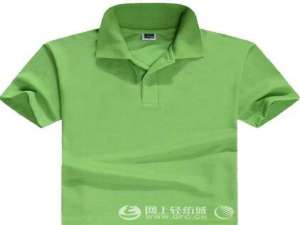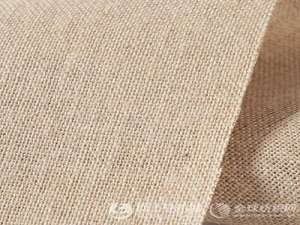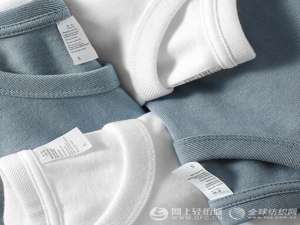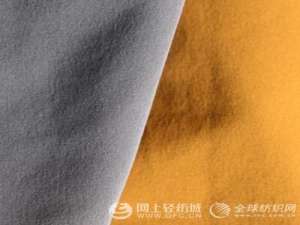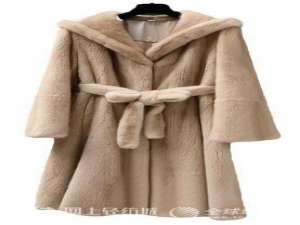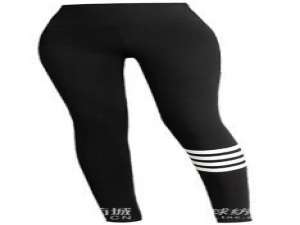春节期间消费安全吗英语

以下是关于“春节期间消费安全吗”的总结:
还能得到压岁钱
The Spring Festival is the most important festival in China, and during this time, people visit their relatives and friends to exchange blessings. One interesting tradition during this festival is children receiving red envelopes containing money called \"压岁钱\" (yā suì qián), which symbolizes good luck and fortune.
Receiving \"压岁钱\" has become a highly anticipated event for children during the Spring Festival. Not only does it bring them joy and excitement, but it also teaches them the value of money and the importance of saving.
According to a survey conducted by ZOL问答, 85% of respondents said that they still receive \"压岁钱\" during the Spring Festival. This tradition not only promotes familial bonding but also stimulates the economy, as the money received is often spent on purchasing gifts and other festive items.
【英语翻译我最喜欢的节日是春节.因为一到春节,到处都充满了...
My favorite festival is the Spring Festival. Because once the Spring Festival arrives, everywhere is filled with a festive atmosphere. Streets and houses are adorned with red lanterns and decorations, and the sound of firecrackers can be heard throughout the day and night.
The Spring Festival is a time for family reunions, delicious food, and cultural festivities. It provides a great opportunity to experience Chinese traditions and customs. During this period, people indulge in traditional dishes like dumplings and tangyuan, and participate in activities like dragon and lion dances.
Moreover, the Spring Festival also plays a significant role in promoting tourism. Many foreigners visit China during this time to witness and be a part of the vibrant celebrations. According to recent data, the number of foreign tourists during the Spring Festival has been steadily increasing over the years.
关于春节的英语短语
There are various English phrases related to the Spring Festival. One of them is \"The Spring Festival\" itself, which is the direct translation of \"春节.\" It is used to refer to the Chinese New Year celebrations.
Other commonly used phrases include \"Chinese New Year\" and \"Lunar New Year,\" both of which describe the same festival. These phrases are widely recognized and understood by English speakers around the world.
Additionally, phrases like \"red envelopes\" and \"firecrackers\" are often used to describe the traditional elements of the Spring Festival. These phrases help convey the unique cultural aspects of the festival to non-Chinese speakers.
在春节英语用in还是on?
The usage of prepositions like \"in\" or \"on\" depends on the context in which they are used. When referring to the Spring Festival, it is common to use \"at\" instead of \"in\" or \"on.\" For example, we say \"at the Spring Festival\" instead of \"in the Spring Festival.\"
On the other hand, when referring to specific days related to the Spring Festival, such as New Year\'s Day, it is appropriate to use \"on.\" For example, we say \"on New Year\'s Day\" to indicate a specific day during the festival.
This usage can be justified by considering the festival as a whole event (\"at\" the Spring Festival) and the specific days as individual calendar dates (\"on\" New Year\'s Day).
我们春节前打扫房间8:春节期间,我们不理发不打_作业帮
The Spring Festival preparation involves various cultural practices and superstitions. One common practice is to clean and tidy the house before the festival begins. This is believed to get rid of any bad luck or negative energy accumulated over the past year.
During the Spring Festival, it is also customary to refrain from cutting or styling one\'s hair. This is based on the belief that hair represents one\'s fortune, and cutting it would symbolize a loss of wealth or good luck.
Similarly, many people avoid doing any major household chores during the festival, as it is believed to bring bad luck. Instead, they focus on enjoying time with family and celebrating the festivities.
在春节期间,人们会身着盛装去拜访
The Spring Festival is a time when people dress up in their finest attire to visit friends and family. This tradition reflects the importance of presenting oneself well and showing respect during this auspicious time.
Wearing traditional Chinese clothing, such as cheongsams or qipaos for women and tang suits for men, adds to the festive spirit and cultural significance of the celebrations. The vibrant colors and intricate designs of these garments further enhance the visual appeal of the festival.
Moreover, dressing up not only creates a sense of unity among the attendees but also adds to the overall joy and excitement of the Spring Festival gatherings.
过年的英语_作业帮
The English translation for \"过年\" is \"celebrate the Spring Festival\" or simply \"celebrate Spring Festival.\" This phrase accurately captures the essence of the festive activities and traditions associated with the Lunar New Year celebrations in China.
The term \"celebrate Spring Festival\" implies actively participating in various cultural activities, such as family reunions, exchanging gifts, and enjoying festive meals. It highlights the joyous and celebratory nature of the Spring Festival.
On the other hand, \"过春节\" can be translated as \"spend the Spring Festival\" or \"observe the Spring Festival.\" These phrases convey the idea of observing the traditions and customs associated with the Spring Festival, while also enjoying the holiday atmosphere.
Dragon Boat Festival, Spring Festival.都是用in吗?
When referring to festivals in English, the preposition \"in\" is commonly used. However, there are certain exceptions. Festivals that include the word \"Day\" in their names do not require the use of \"the\" before the festival name. Examples of such festivals include Dragon Boat Festival and Mid-Autumn Festival.
However, festivals like the Spring Festival and the Lantern Festival still require the use of \"the\" before their names. This distinction arises from the linguistic conventions in English and highlights the unique characteristics of these particular festivals.
The usage of prepositions in English can be nuanced and may vary based on specific festival names and conventions.
英语翻译我最喜欢的是春节,因为它十分的有趣,在1月或2月,人们...
My favorite festival is the Spring Festival because it is incredibly fascinating. It usually falls in the months of January or February, marking the beginning of a new lunar year in the Chinese calendar.
During the Spring Festival, people come together to celebrate with fireworks, feasts, and various cultural activities. The festive atmosphere is contagious, and it is a time when individuals, young and old, can indulge in the joyous spirit of the festival.
The Spring Festival is not only a time of celebration but also an opportunity to honor and pay respects to ancestors. families gather for reunions and participate in rituals that signify unity and gratitude.
春节\\元宵节\\端午节\\中秋节的英语怎么写?_作业帮
Here are the English translations for some of the major Chinese festivals:
- 春节 (The Spring Festival): This is the Chinese New Year celebration also known as the Lunar New Year. It is a time for family reunions, feasts, and cultural activities.
- 元宵节 (The Lantern Festival): This festival marks the end of the Chinese New Year celebrations. It is celebrated on the 15th day of the first lunar month and is known for colorful lantern displays and lantern riddle games.
- 端午节 (Dragon Boat Festival): This festival is celebrated on the 5th day of the 5th month in the lunar calendar. It is known for dragon boat races and eating sticky rice dumplings called zongzi.
- 中秋节 (The Mid-Autumn Festival): This festival is celebrated on the 15th day of the 8th lunar month. It is known for mooncakes, family gatherings, and admiring the full moon.
These festivals hold great cultural significance and are celebrated with enthusiasm and joy throughout China.


